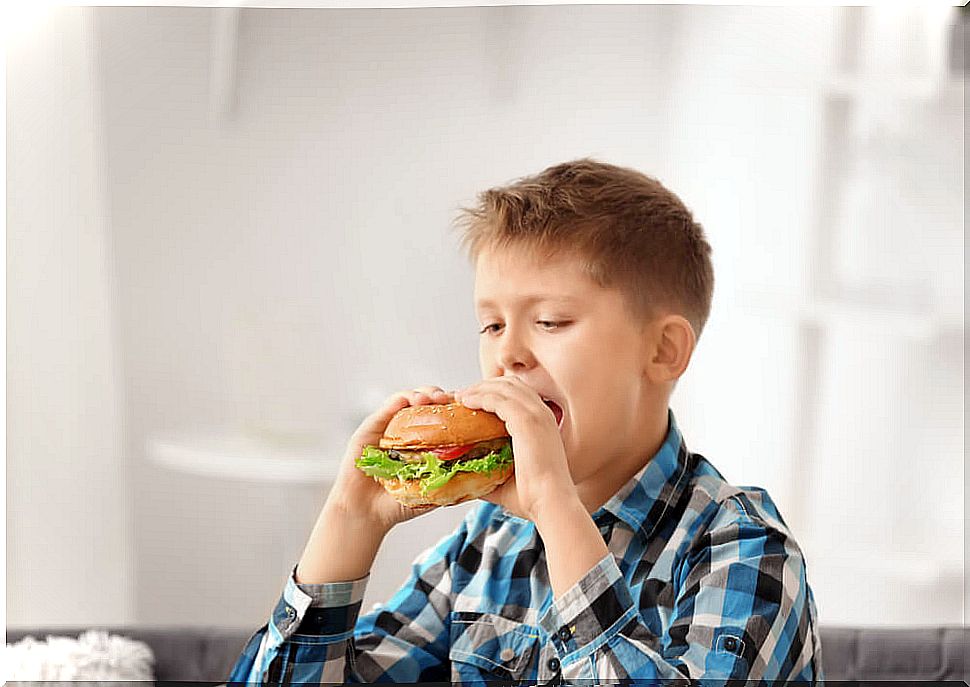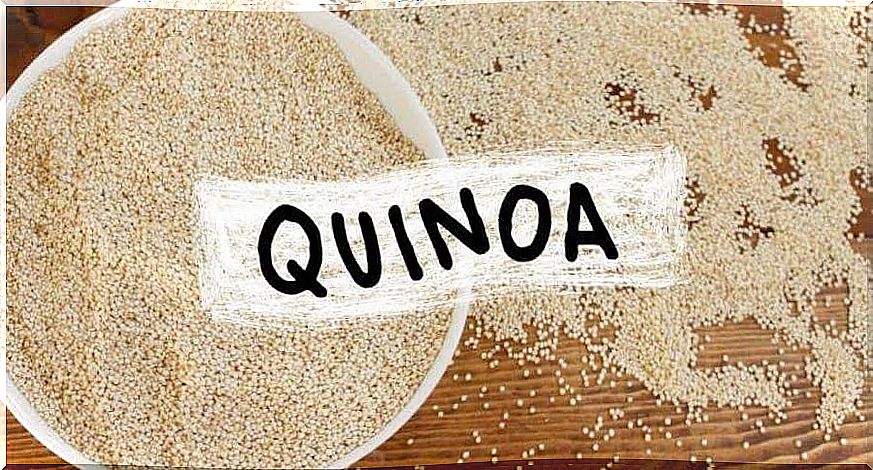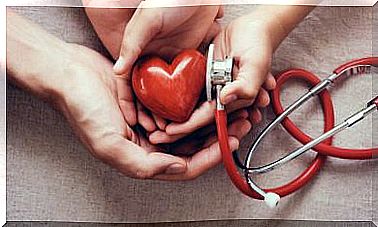5 Myths About Infant Feeding

Throughout history, certain myths about food have emerged, and in some cases settling, and more specifically about myths about infant feeding. Many of these false myths have managed to condition our choices when choosing which foods to consume over others.
But not only that, but they have also managed to influence us when deciding how or when we should consume them. Because who has not ever heard the saying: ” Breakfast like a king, eat like a prince and dinner like a beggar” ?
In turn, we have been able to see how some of these myths have pushed us to reject certain food groups and have favored the consumption of others. As clear examples we have the classics: ” bread makes you fat ” or ” a glass of wine a day is healthy .”
How can we know if these myths about food are real?
The truth is that demystifying some foods is not an easy task. Myths are deeply ingrained in society; some have been passed down from generation to generation as if they were fables.

As if this did not come, in addition, another factor is added that for a few years has facilitated the spread of these myths: the Internet. With the birth and evolution of the internet and social networks, the way of informing ourselves has changed.
We live in a time when everything we want to know is found at the click of a button. It seems wonderful, right? But the problem is that not all the information that circulates on the network is true. For this reason, below we will dismantle 5 myths about infant feeding.
Myths about infant feeding
1. Breakfast is the most important meal of the day
The truth is that this statement is false. Breakfast is not more important than any other meal of the day. In fact, if what we are going to offer them are cookies, juices or sugary dairy products, it is even preferable that they do not eat breakfast.
Don’t worry about them going to school on an empty stomach; They will have time to work up an appetite for a healthy snack at recess.
2. Children should not eat eggs because they have cholesterol
It is true that eggs contain a considerable amount of cholesterol, but this hardly influences the circulating cholesterol content in the blood.
Many times, the problem is not the egg, but the way of preparation or the food with which they are accompanied. The effect on health is not the same if we consume a salad with boiled egg or fried eggs with potatoes and bacon. In the context of a healthy diet we could offer them eggs every day.
3. They can eat unhealthy pastries and snacks because they burn it while playing
Children’s diets should never include ultra-processed foods such as pastries, cookies, chips, or other snacks.
Although those extra kilocalories can be “burned” playing, we will really be giving them foods whose intake is related to a multitude of chronic diseases, such as type II diabetes mellitus , hypertension or cardiovascular diseases.
Other myths about infant feeding
4. They have to finish everything on the plate
One of the things that most worries a mother or father is that their child does not eat well and, therefore, does not grow up healthy and strong. That fear can sometimes lead to children being forced to eat more than they need.

It is important to bear in mind that we have innate mechanisms of self-regulation of intake and signals of satiety. Therefore, we must not violate these signals when our children tell us that they are satiated.
5. In a restaurant you have to eat children’s menu
The truth is that the menus that are offered to children in restaurants are usually little or not recommended. What comes to mind when you think of the children’s menu? The first thing that comes to mind is the typical San Jacobo with french fries and chocolate custard for dessert. Surely your idea is not far from mine.
While adults are offered a wide variety of foods prepared in different ways, more or less healthy, children are offered poor quality processed foods.
Normally, these menus always consist of some type of processed meat (sausages, hamburgers, san jacobos …), fried potatoes, commercial sauces, soft drinks or juices, and sugary desserts.










